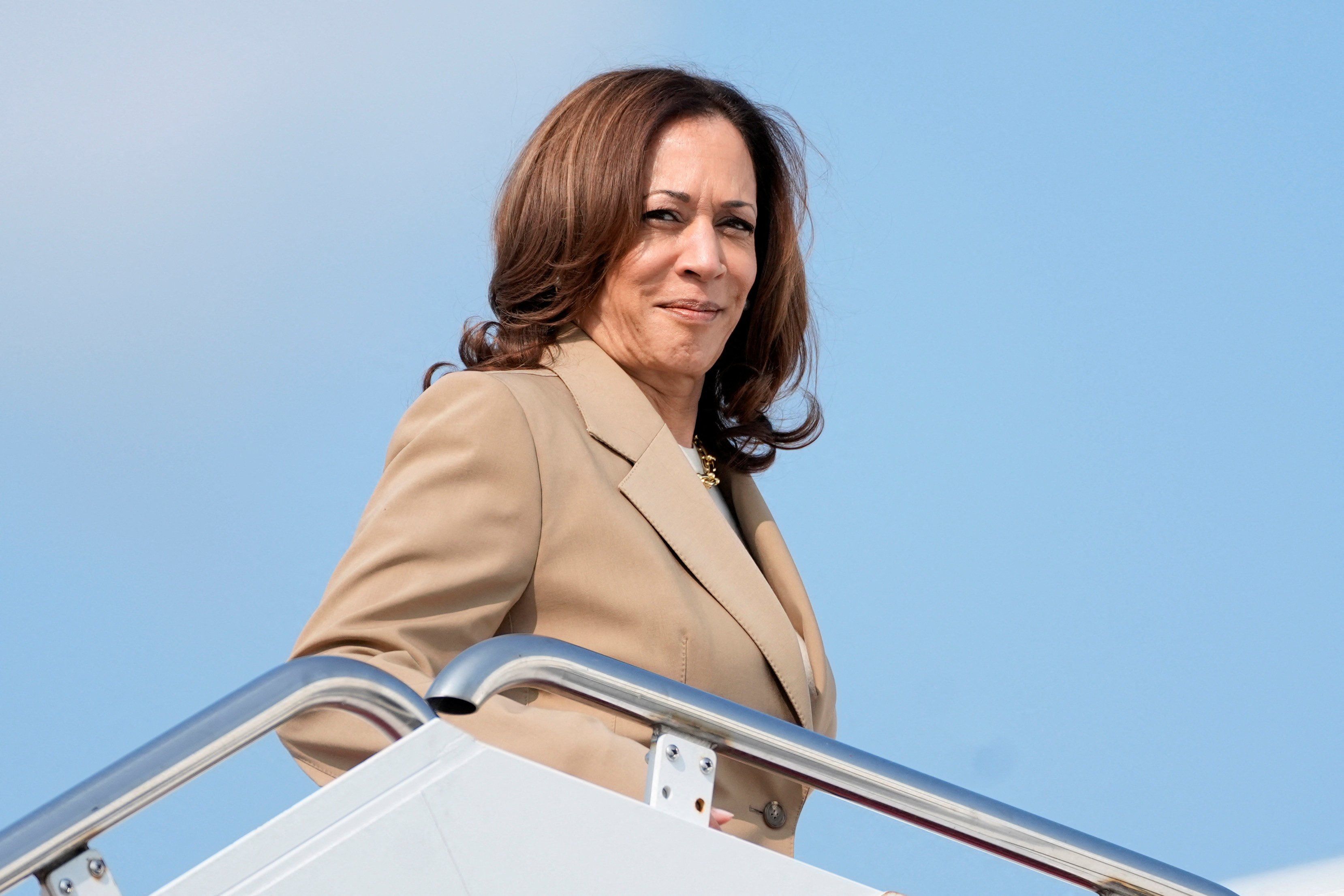Before President Joe Biden dropped out of the 2024 race, polling showed that most Democratic voters were feeling pretty meh about their presidential nominee while most Republicans were riled up about former President Donald Trump and his chances of returning to the White House.
But Vice President Kamala Harris already appears to be narrowing that enthusiasm gap, and then some.
About eight in 10 Democratic voters would be satisfied with Harris becoming the Democratic presidential nominee, according to a new AP-NORC poll that was conducted after Biden called it quits. Comparatively, an AP-NORC poll from before Biden dropping out found that only about 4 in 10 Democrats said they were satisfied with him as the Democratic nominee.
And a Gallup poll from June — even before Biden’s disastrous debate against Trump — showed that Republican voters, at 79%, were nearly twice as likely as Democrats, at 42%, to say they are pleased with their party’s nominee.
Meanwhile, recent polling suggests that Harris is also catching up with Trump in the race more generally, including in key swing states. The vice president on Wednesday also received the coveted endorsement of the United Automobile Workers, one of the most powerful unions in the country. But whether this momentum will last is a bigger question.
“Harris is obviously a better candidate than Biden was: She has unified the Democratic party, raised significant amounts of money, and is benefiting from online and grassroots enthusiasm that Biden could not muster,” says Jon Lieber, Eurasia Group’s managing director for the US.”
“That said, the polling bounce she is experiencing is likely going to fade as her honeymoon period ends, and we do not know what her ceiling of national support is.”
